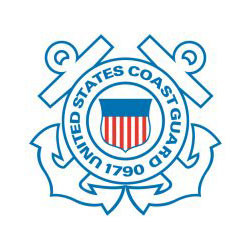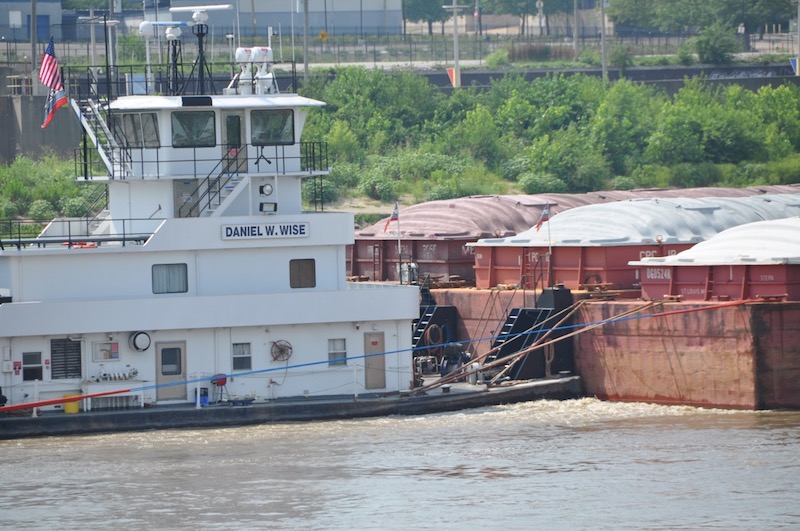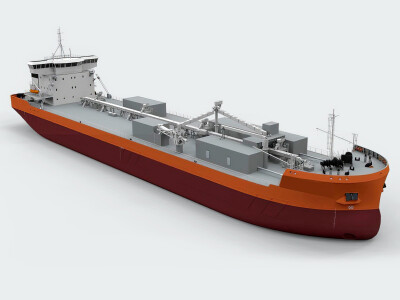As of July 20, 2018, towing vessel owners and operators are responsible for ensuring that their vessels comply with the provisions of 46 CFR Subchapter M, even if they have not received a Certificate of Inspection (COI). Additionally, in accordance with 46 CFR 136.202, owners and operators are responsible for ensuring that 25% of their fleet has received a COI before July 22, 2019.
46 CFR 136.210 requires the owner or operator to schedule inspections for initial certification with the local OCMI at least three months in advance of the desired inspection date. Consequently, towing vessel owners and operators must schedule a vessel’s inspection before April 22, 2019 if the COI is expected to be received in the first year. In addition, at least 30 days before the inspection, the owner or operator must submit a completed CG-Form CG-3752, “Application for Inspection of a U.S. Vessel,” (new construction vessels use CG-3752A) to the OCMI indicating if the Coast Guard or Towing Safety Management System (TSMS) option will be used to meet these requirements.
Given that COIs must be issued to approximately 1,250 towing vessels during this first year of the phase-in period and another 2,000 during the 2019-2020 phase, close coordination between owners and operators, third party organizations (TPOs) and OCMIs is necessary to reduce delays to the towing industry. If you have not already done so, I highly encourage you to make contact now with the local OCMI that will be conducting the vessel’s initial COI and schedule an inspection date. While we understand the dates may shift due to operational obligations, a tentative date will help the Coast Guard manage resources to ensure a marine inspector is available. When scheduling an inspection, please indicate whether the vessel will be using the Coast Guard or TSMS option.
Please use this link to view the “Towing Vessel Certificate of Inspection (COI) Phase-In Date Guidance” and determine the number of vessels in a fleet that must be inspected each year of the phase-in period. The phone number for each OCMI can be found here, or at the end of this post.
The phase-in period is provided to spread the workload and cost over time, and mitigate impacts on vessel owners and operators, TPOs, OCMIs, and other stakeholders. Failure to meet the regulatory phase-in schedule could result in vessel and other operational delays, civil penalties, or other possible enforcement actions.
Lastly, owners and operators are reminded of their ability to use a TPO to help them obtain a COI in accordance with Subchapter M and, as provided by CG-CVC Policy Letter 17-01, to take advantage of the uninspected towing vessel decal they may have previously obtained as part of the bridging program. Possession of a decal may eliminate the need for a Coast Guard inspection prior to the issuance of a COI. Owners and operators are strongly encouraged to contact their local OCMI and discuss these matters further.





